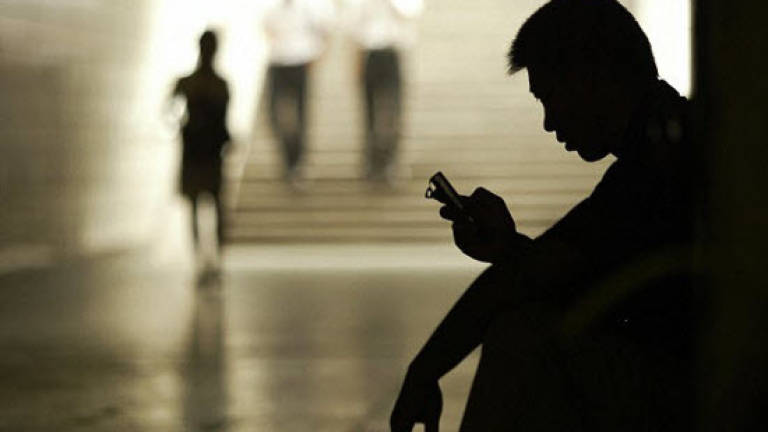Bullying and mental disorder

THE school my son goes to has special education incorporated into the teaching system and there is a great deal of support from the teachers and parents, keeping the communication flowing both ways.
One parent posted about her son being bullied in school because he is different and his needs were different. She brought it up in a WhatsApp group and the problem has since been discussed with the disciplinary teacher and it is considered resolved with close monitoring by the school and the parents.
This is an excellent example of early detection of subtle bullying that could lead to something more serious and we have had a series of incidents with catastrophic consequence to remind us that bullying should not be condoned at any level.
I have been closely following the trend in bullying and the many published letters suggest that the problem of bullying in school is more serious than what has been presented to us. What we know or hear could be just the tip of the iceberg.
Another bullying incident went viral in social media recently where a boy beat up his classmate in a classroom in full view of other students and nobody had the presence of mind to stop the assault. The bully attacks and the onlookers seem to be enjoying the show as if it was some WWF event.
If you ever wondered if there was something wrong with bullies and those who engage in bullying behaviour, researchers now have a better idea.
It could be a component of a mental disorder, according to a Brown University study.
Bullying is a problem in many schools. But we need to realise that bullying isn't always just plain bad behaviour. Sometimes there are other factors at play.
Because of the survey nature of the study, the researchers couldn't say whether the mental health problems might be a contributing causal factor of bullying, or whether such disorders are a result of someone who engages in bullying behaviour.
Looking at bullying from another perspective, all too often, society focuses on the victim. Little help may be offered to the bully, who may also be suffering from concerns that could benefit from treatment.
Some experts agree that it is also important for parents, clinicians and teachers to identify the root of the children's anger, and to help the children channel their aggression in a better way.
"Parents of bullies who are made aware of their child's behaviour should take the concerns seriously and seek help and treatment for their child, hopefully in the earlier stages so that alternative behaviours can be taught and reinforced before some of the more negative ones become entrenched," said psychologist Alan Hilfer from Brown University.
Bullies choose their victims wisely, targeting children who are unpopular and less likely to be defended by their peers, a new study finds.
And in elementary school, which this study focused on, children are only interested in what their same-gender peers think. For example, boys will target classmates who are not well-liked by other boys, regardless of what the girls think.
Past research has shown that gays and lesbians as well as those who are socially awkward are more likely to be victims of bullying.
Research has also shown that bullies are strategic in their approach which means it will take a savvier approach to deal with the problem.
Any child or even adult can get bullied just by being in the wrong place at the wrong time. Sometimes, the exact things that can make the person accepted in one environment can make him a victim of bullying in another.
Children who are popular, smarter or attractive can be victims of bullying too but bullies also pick on children who appear to be easily hurt. Anyone who's different – whether that is their looks, weight, accent, clothing or interests. Disabilities make some children an easy target.
Apart from that, trends show those who are small or young – and not so able to defend themselves are also at risk along with those who are socially anxious and introverted.
In sum, we need to constantly drive down the fact from hearth to school and at workplace and every other social sphere that being different is not a crime and does not warrant punishment.
Children from as early as possible need to be educated that sometimes one does not choose to look or be different, it just happens as life happens and that accepting them as part of us is far more noble than being religious or spiritual.
Humanity is our nature but when that does not come to us naturally, it needs to be nurtured and instilled in one way or another. Being accepting and compassionate is not an option, it reflects who and what we are.
Comments: letters@thesundaily.com